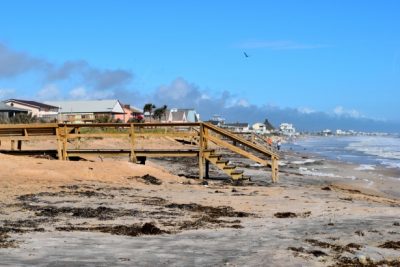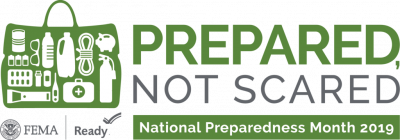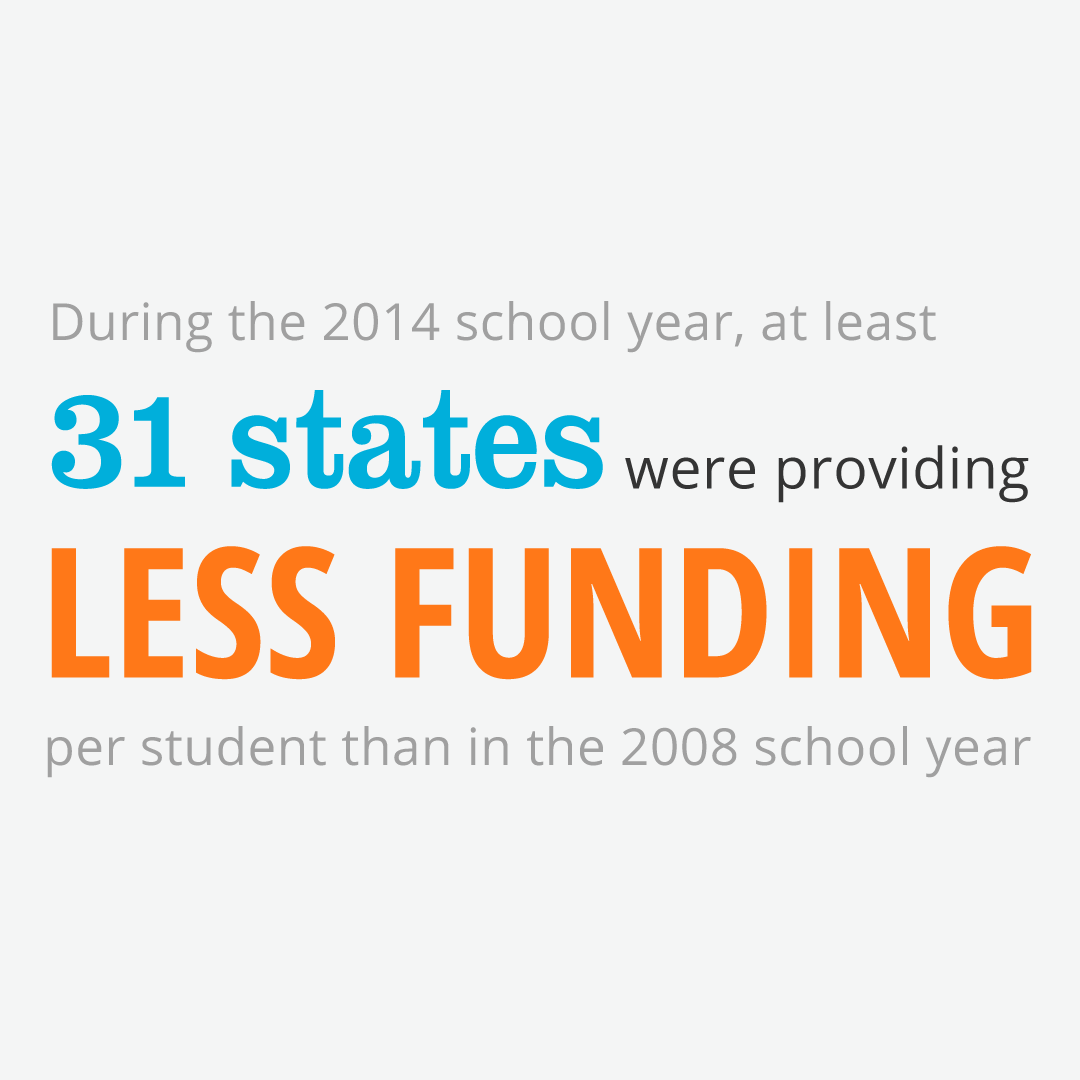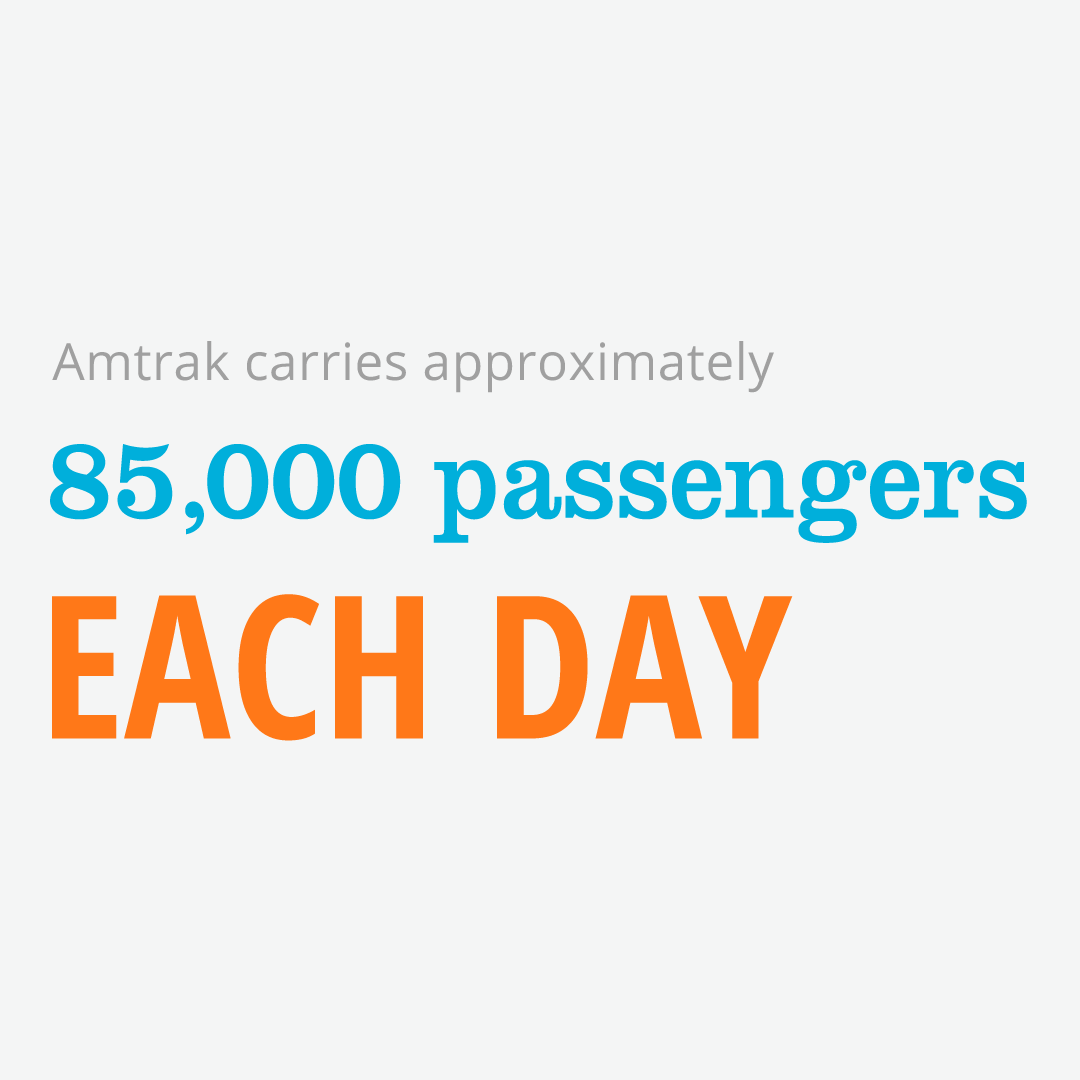National Preparedness Month (NPM) hits September 1, and has a slight head start, with a new strategy from the Federal Emergency  Management Agency (FEMA) to help improve coordinated efforts and effectiveness of risk management actions that would avoid, reduce, or transfer risks from natural hazards – including severe weather—across sectors.
Management Agency (FEMA) to help improve coordinated efforts and effectiveness of risk management actions that would avoid, reduce, or transfer risks from natural hazards – including severe weather—across sectors.
The National Mitigation Investment Strategy (NMIS) was unveiled on August 13, just a few weeks before the annual NPM monthlong campaign that promotes family and community disaster and
emergency planning not just now – but throughout the year. NMIS is intended to provide a national, whole-community approach to investments in mitigation activities and risk management across federal, state, tribal, territorial, and local governments and the private and non-profit sectors.
This strategy ensures there is national scale coordination between federal agencies, state; local; territorial; and tribal governments (SLTTs), as well as private and nonprofit sectors around mitigation investment and disaster resilience priorities.
The NMIS lays out three broad goals:
- Show How Mitigation Investments Reduce Risk
- Coordinate Mitigation Investments to Reduce Risk
- Make Mitigation Investment Standard Practice
The Mitigation Framework Leadership Group (MitFLG), which was created by the Post-Katrina Emergency management Reform Act of 2006 (Pub.L. 109-295), will house the coordination of this investment strategy. The MitFLG is composed of representatives from federal, state, local, tribal, and territorial agencies.
The development of NMIS was strengthened by passage of the Disaster Recovery Reform Act (DRRA) of 2018. Among other actions, the DRRA created the National Public Infrastructure Pre-Disaster Mitigation Fund for investment and planning before a disaster strikes. Funded by a six percent set-aside from estimated disaster grant expenditures, this program, FEMA’s Building Resilient Infrastructure and Communities (BRIC), is in the development stages and ASCE is currently working with the Agency on its implementation.
During the development of NMIS, ASCE participated in several workshops – in addition to being active in its support of the DRRA passage and is primarily working with coalition partners in the BuildStrong Coalition.























































